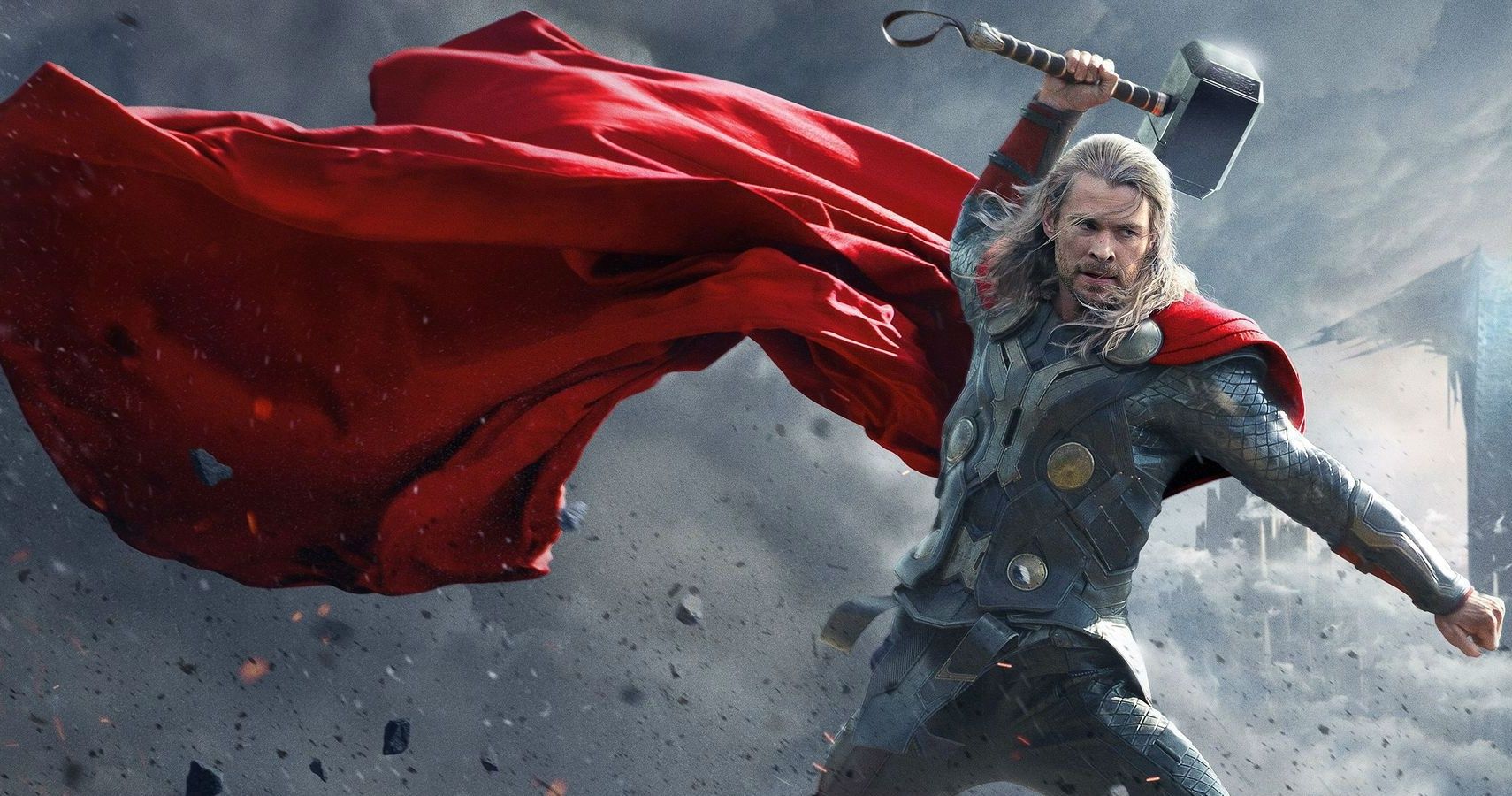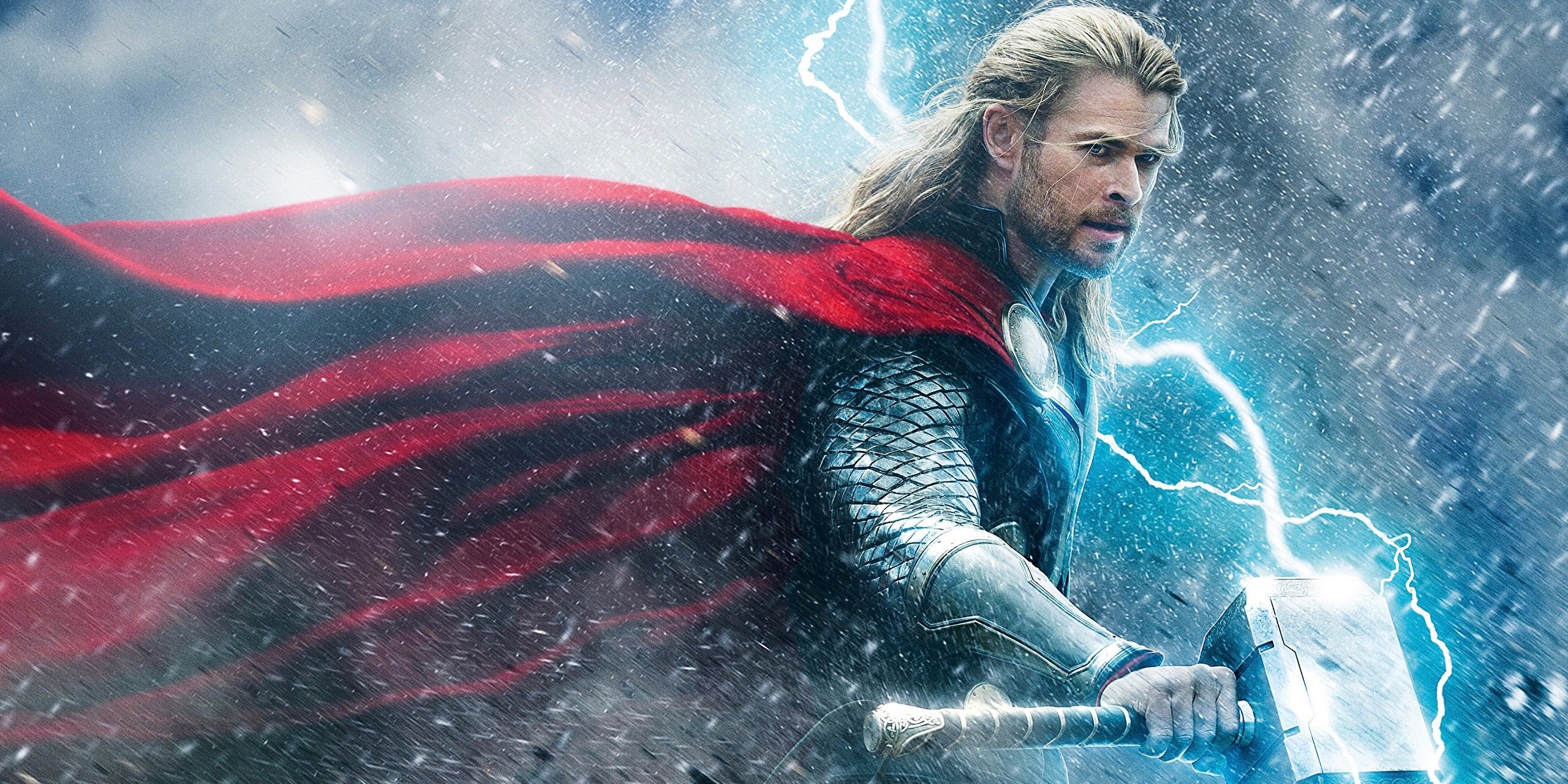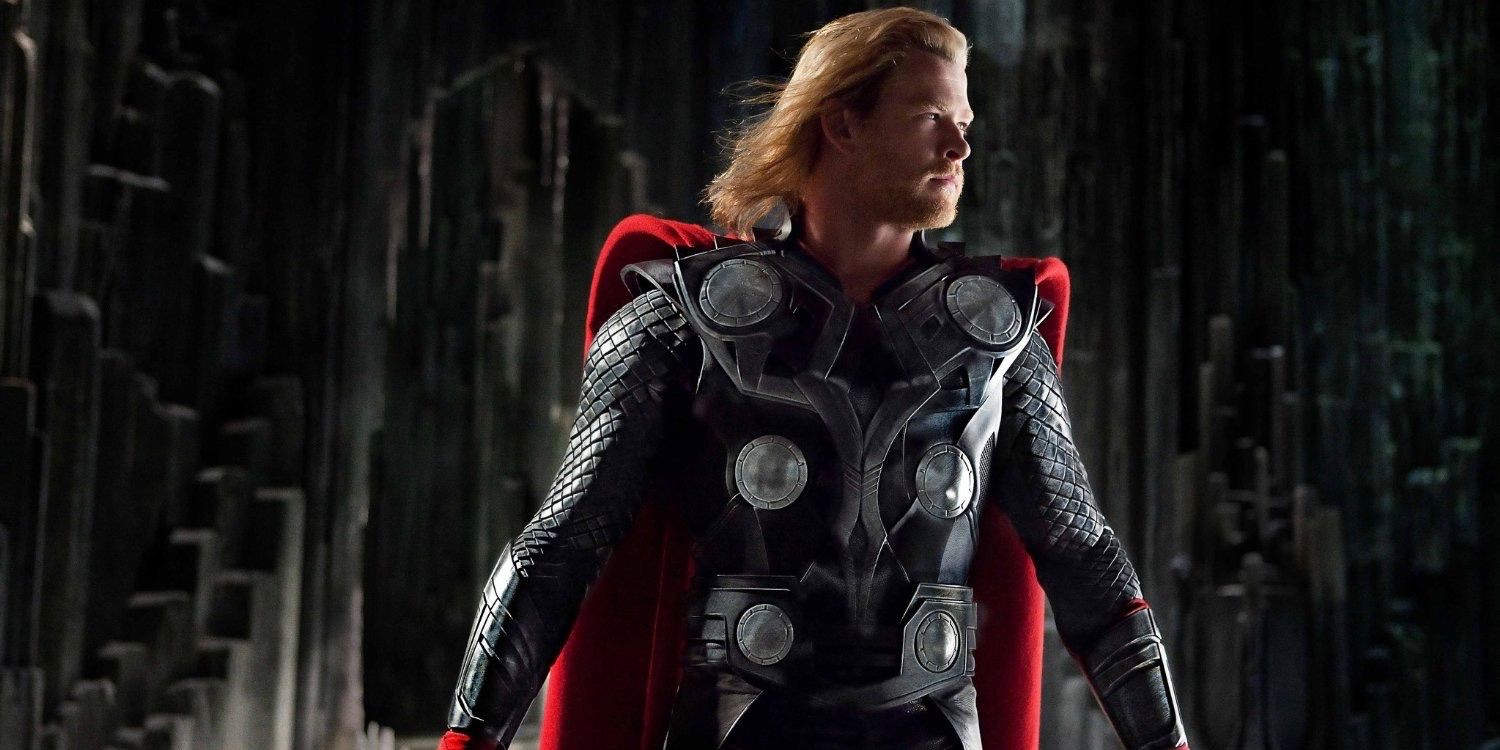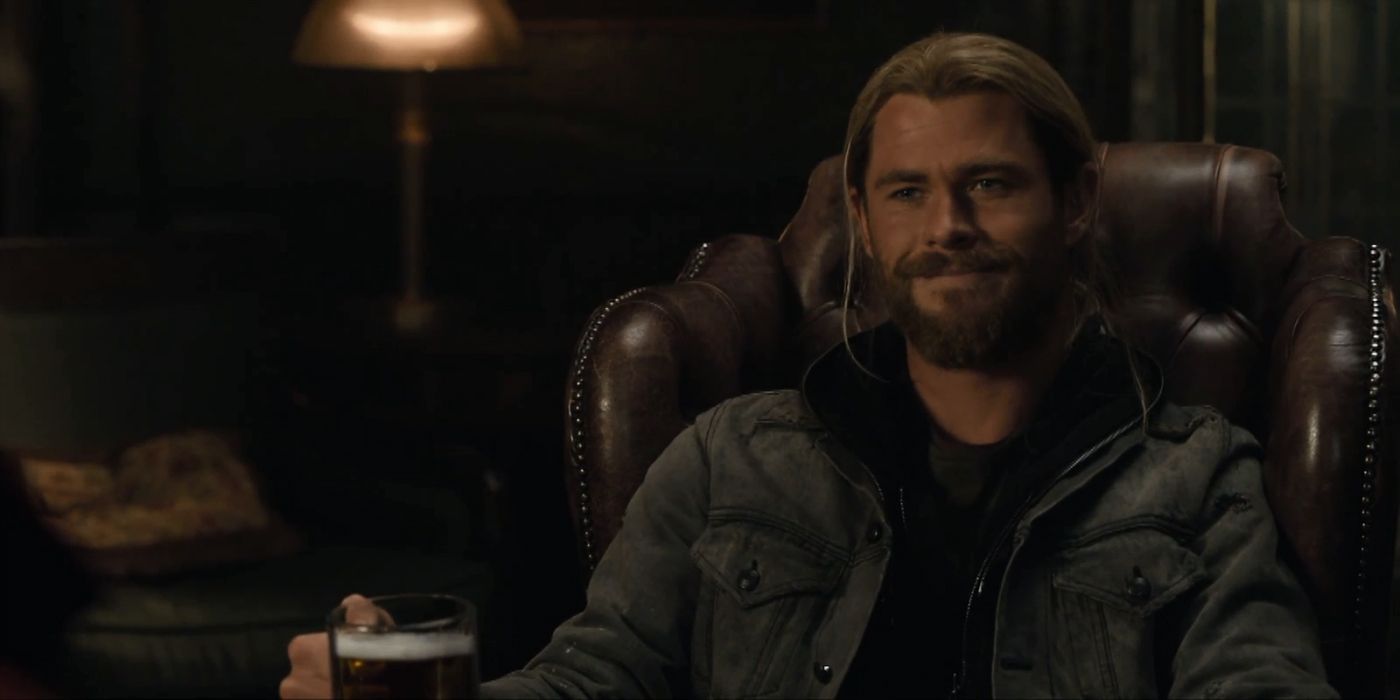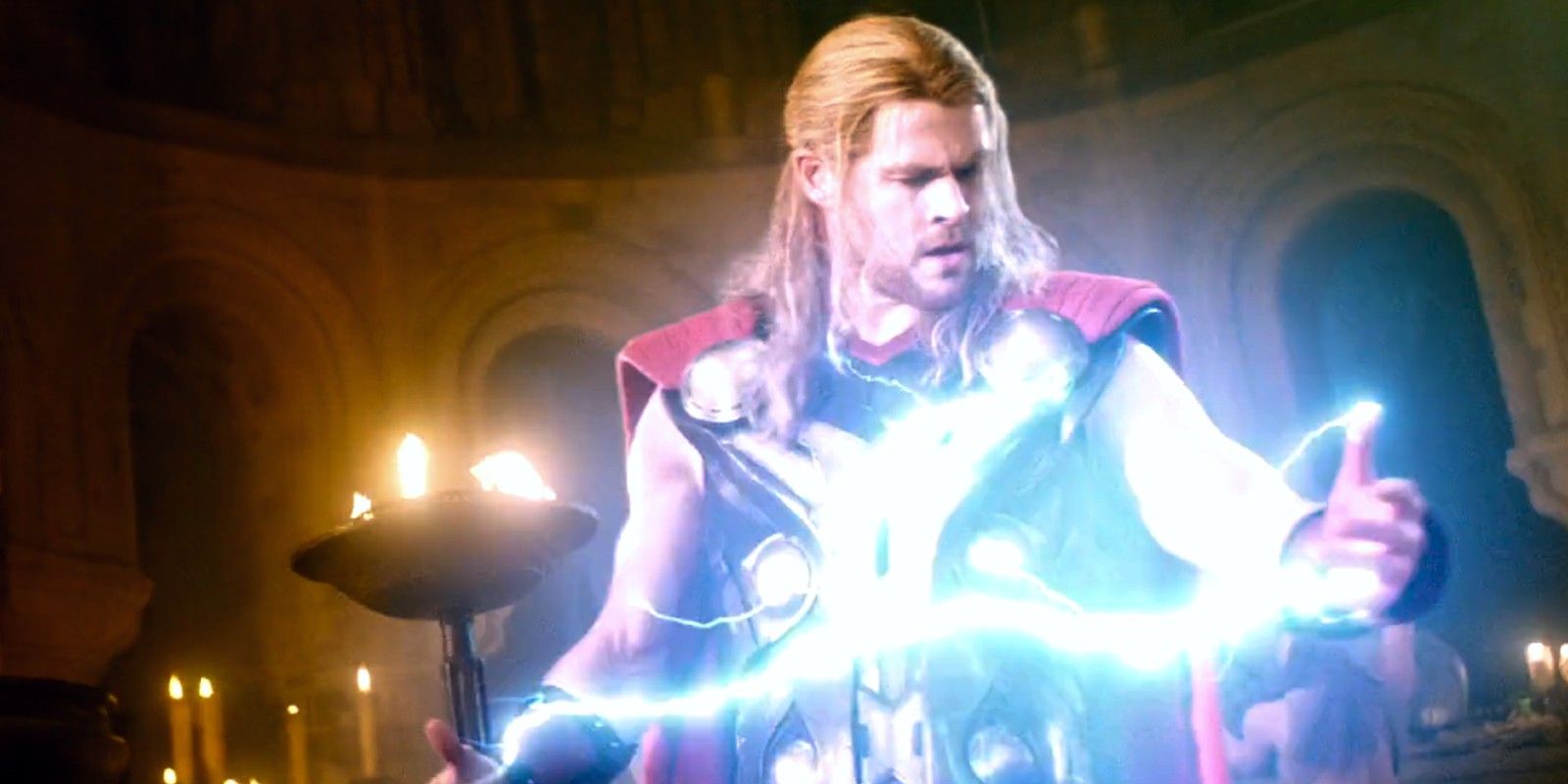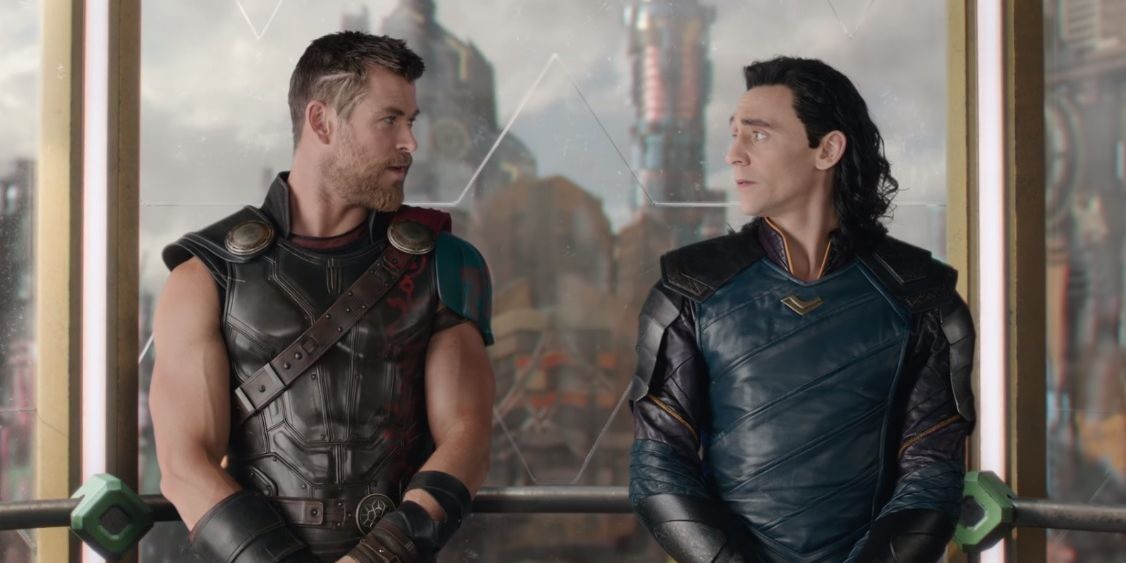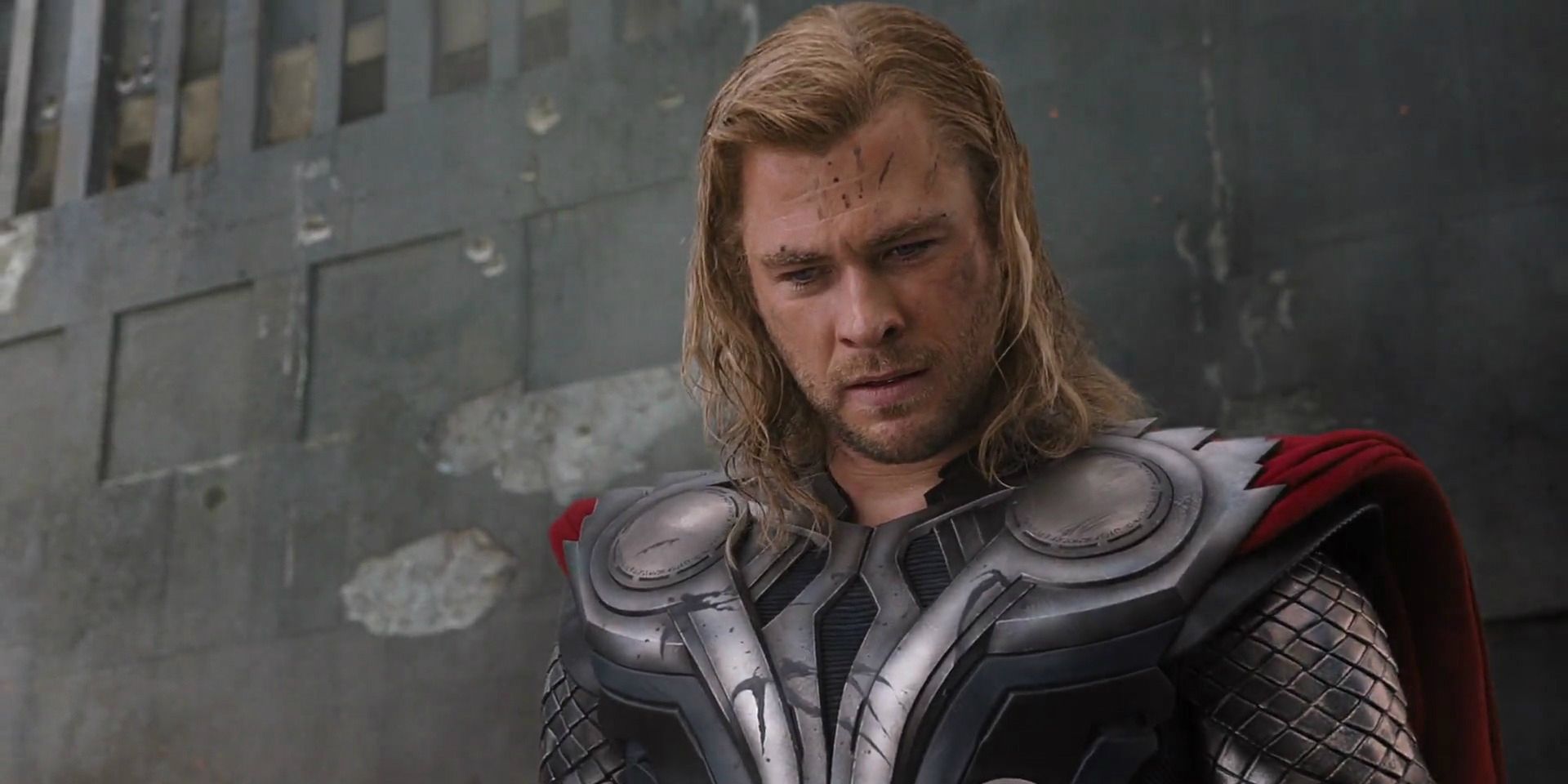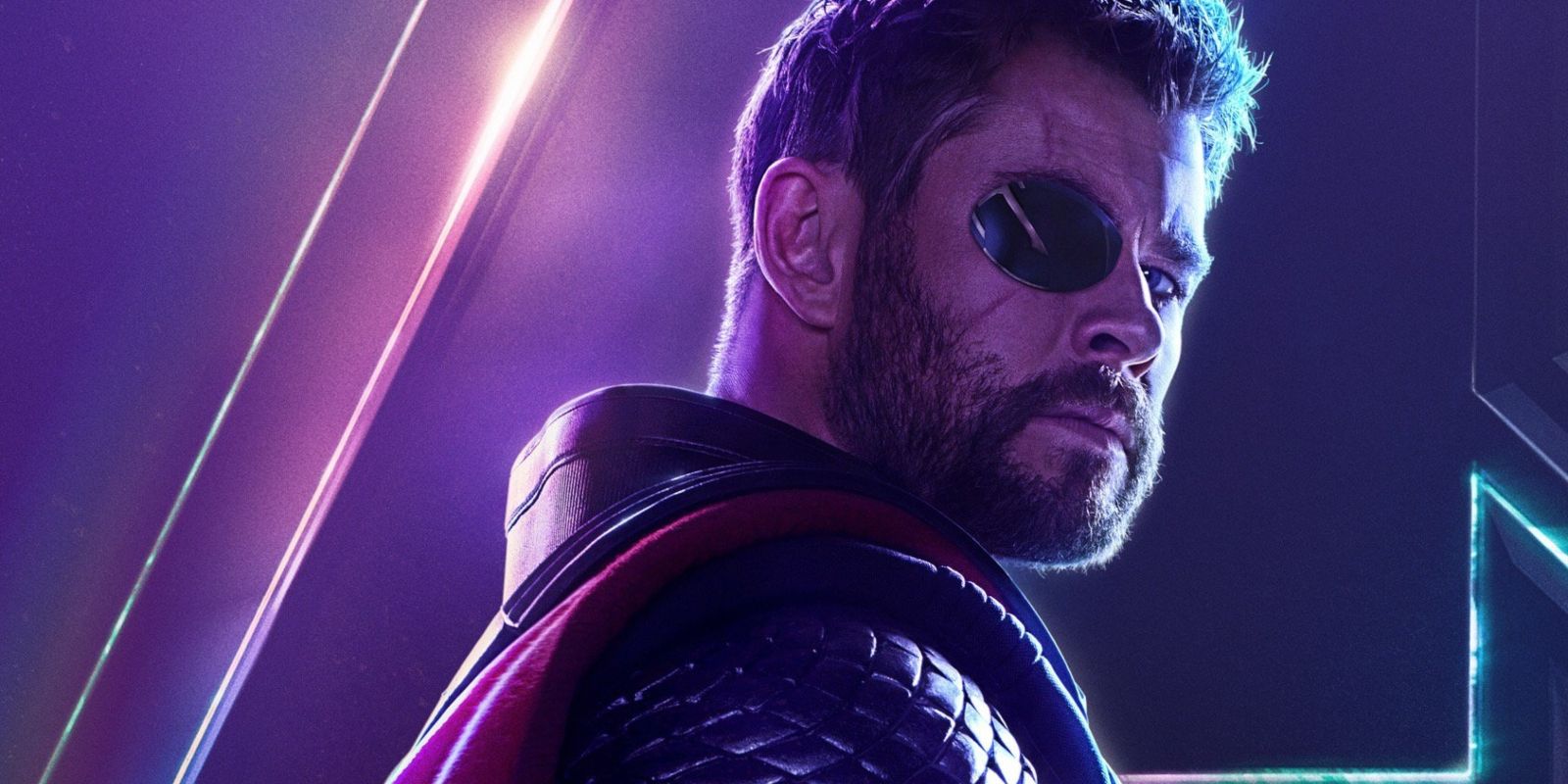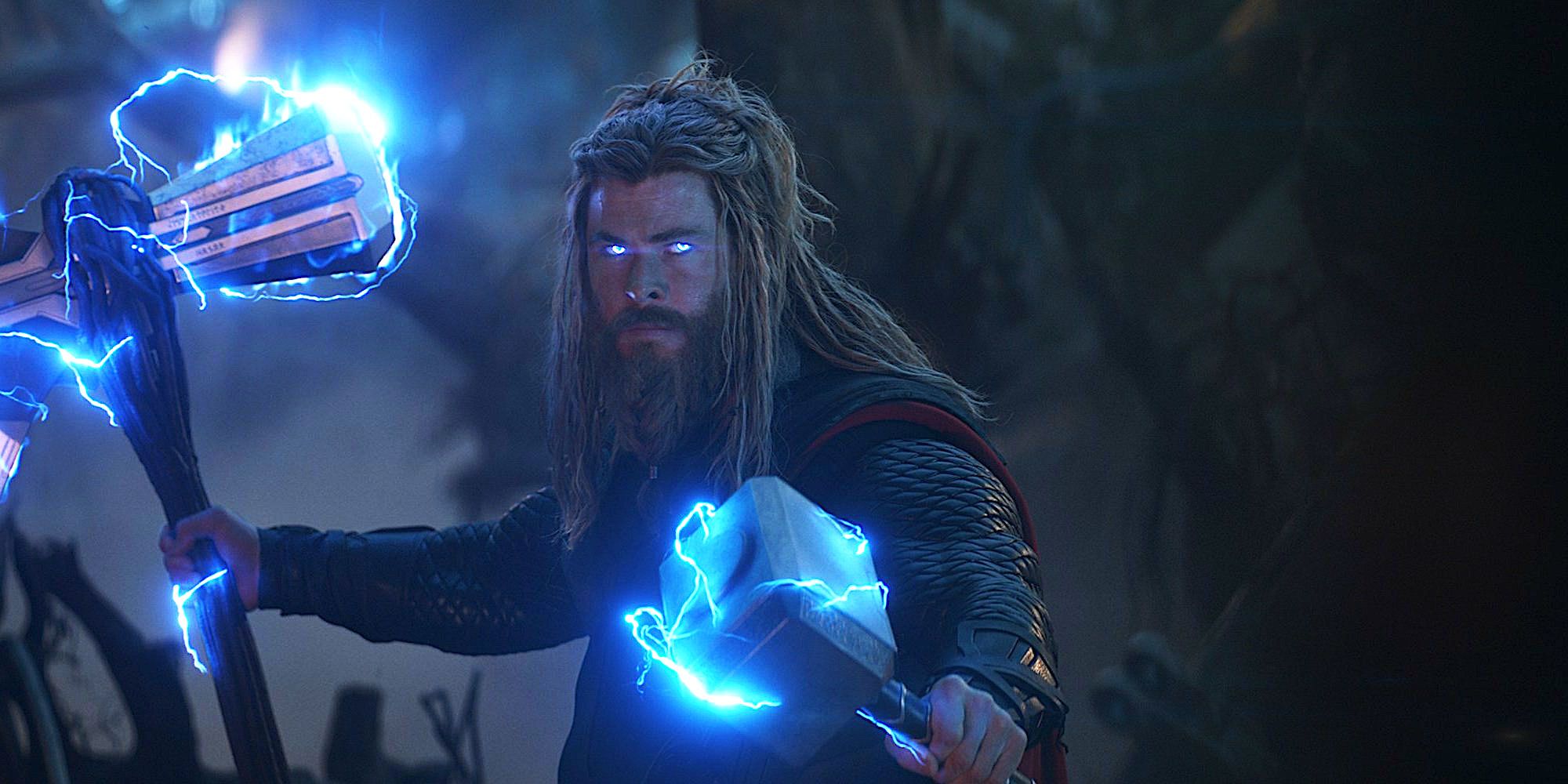Lifted from the realm of Norse mythology, Asgardian superhero Thor is one of the key players in the Marvel Cinematic Universe. Originally introduced in a standalone film directed by Kenneth Branagh, the character went on to appear seven more times throughout the saga. While he was initially one of the less-beloved characters in the franchise, his role in its final chapters gave fans an opportunity to rally around him.
However, even in a series known for the repeated ability of its films to "stick the landing" with cinematic, effects-heavy conclusions, the endings of the MCU's Thor-featuring entries, in particular, have been met with admittedly mixed success.
Thor: The Dark World
Thor: The Dark World's climax was one of the biggest letdowns in the history of the MCU, a franchise known for its few missteps. The lackluster final battle with Malekith perfectly captured the film's frustrating mediocrity.
To top it off, Thor's emotional moment with Odin wasn't badly written; it's just that any effect it might have is immediately erased by the final twist. More fulfilling moments were needed to save the characters' individual story arcs.
Thor
The ending to 2007's Thor wasn't particularly bad; Loki is one of the best villains in MCU history, and to its credit, it did a fine job of setting up his character. Thor's self-sacrifice was also a nice moment, even if it didn't feel completely earned.
The film actually strikes a pretty perfect balance of tying up the most important plot threads while leaving some loose to be explored in future installments; it just doesn't have enough meat to be as interesting as its accompanying franchise entries.
Doctor Strange
Doctor Strange's ending is almost unique to the MCU as it doesn't revolve around a CGI-infused dogfight but rather a battle of wits. This was a polarizing decision but one that seems to have serviced the film nicely in the long run.
Additionally, the mid-credits scene is a fine way of setting up Thor's next adventure.
Avengers: Age Of Ultron
While it failed to outperform its overachieving predecessor, Avengers: Age of Ultron served as a worthwhile entry in the MCU.
The final battle with Ultron's robot army is visually dazzling, and the ending does an admirable job of both teasing several future storylines and further developing their key players.
Thor: Ragnarok
For many, 2017's Thor: Ragnarok managed to bring a new sense of excitement into the criminally middling Thor franchise. Thor himself became significantly more interesting because he was given a wider emotional range. Similarly, Loki had enough room to develop as a character, and Hela was given a unique identity as a villain both ruthless and cunning.
These three elements all play out in the film's exhilarating climax, which features one of the most intoxicating final battles in MCU history complete with plenty of payoffs to long-time series fans.
The Avengers
The glorious extravagance of this final sequence was long-unequaled in the annals of superhero movie-making, and it cemented the MCU's reputation as a revolutionary franchise.
Avengers: Infinity War
Avengers: Infinity War by and large has one of the greatest endings in the entirety of the MCU. After bringing so many heroes together and having them all unite to stop a single foe, it abruptly ends their quest in failure. Even when wielding the Stormbreaker, Thor is unable to defeat Thanos, and the gauntlet-bearing villain snaps his figures, wiping out half of all known life in an instant.
This ending, while somewhat expected, is the reason that Endgame worked so well -- the fate of the universe is at stake and all bets are off. The penultimate Phase 3 entry also satisfies both visually and thematically in a way more than worthy of its $2 billion worldwide box office intake.
Avengers: Endgame
Avengers: Endgame had a huge responsibility resting on its shoulders: it had to succeed as the conclusion to a story that had stretched across 21 preceding films over the course of eleven years. With so much hype surrounding it, there was certainly room for it to fail, but the three-hour spectacle did not disappoint. Every character was given a satisfying (if bittersweet) conclusion -- for instance, Thor's story finishes with him finding that despite his failures, he's still worthy to hold Mjolnir.
The final battle itself, which features a host of dazzling special effects, some of the best fight choreography in the entirety of the MCU, and a stunning moment of self-sacrifice (made all the more poignant by the decade-long journey fans had to take to get to this concluding chapter), is one of the best endings to a film in recent memory.

